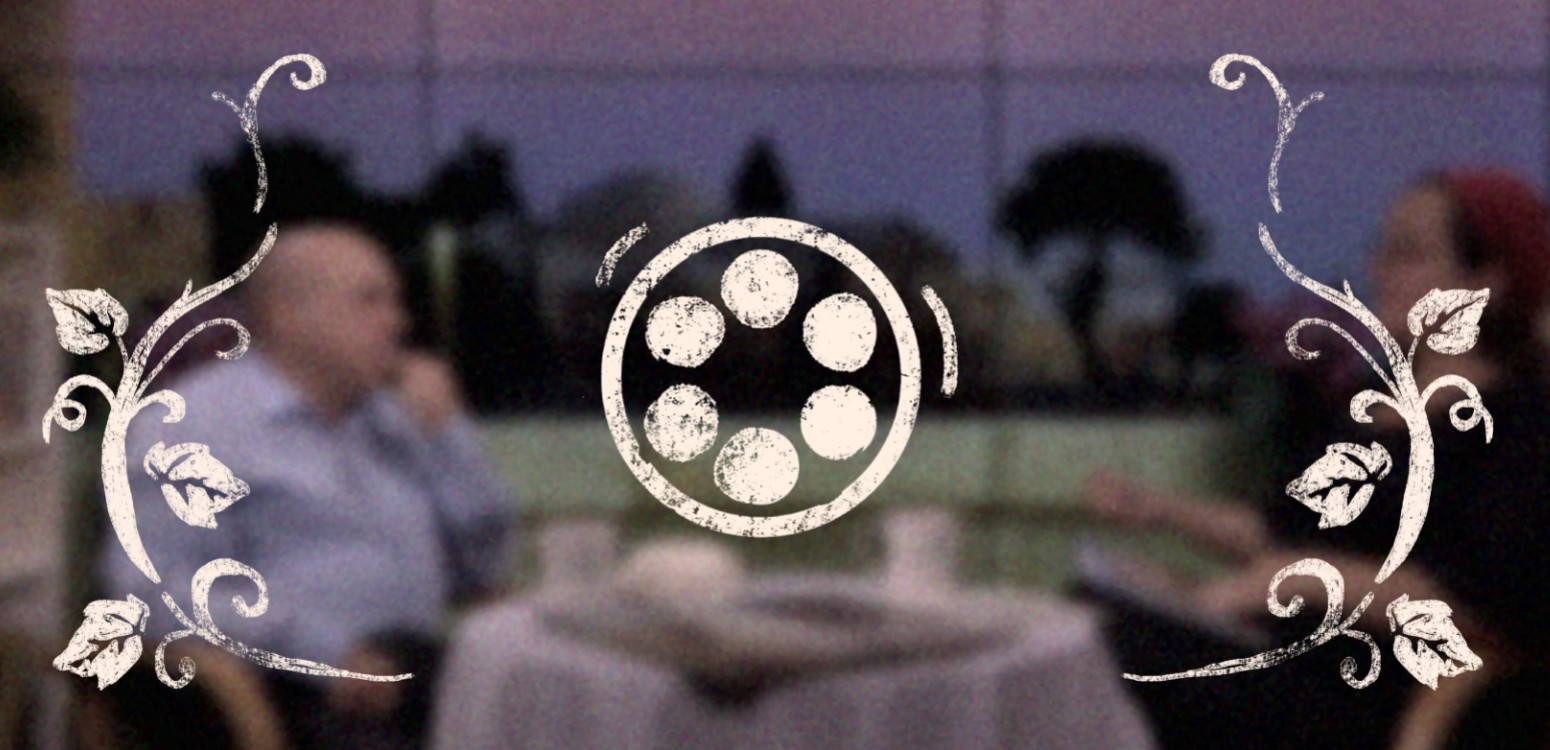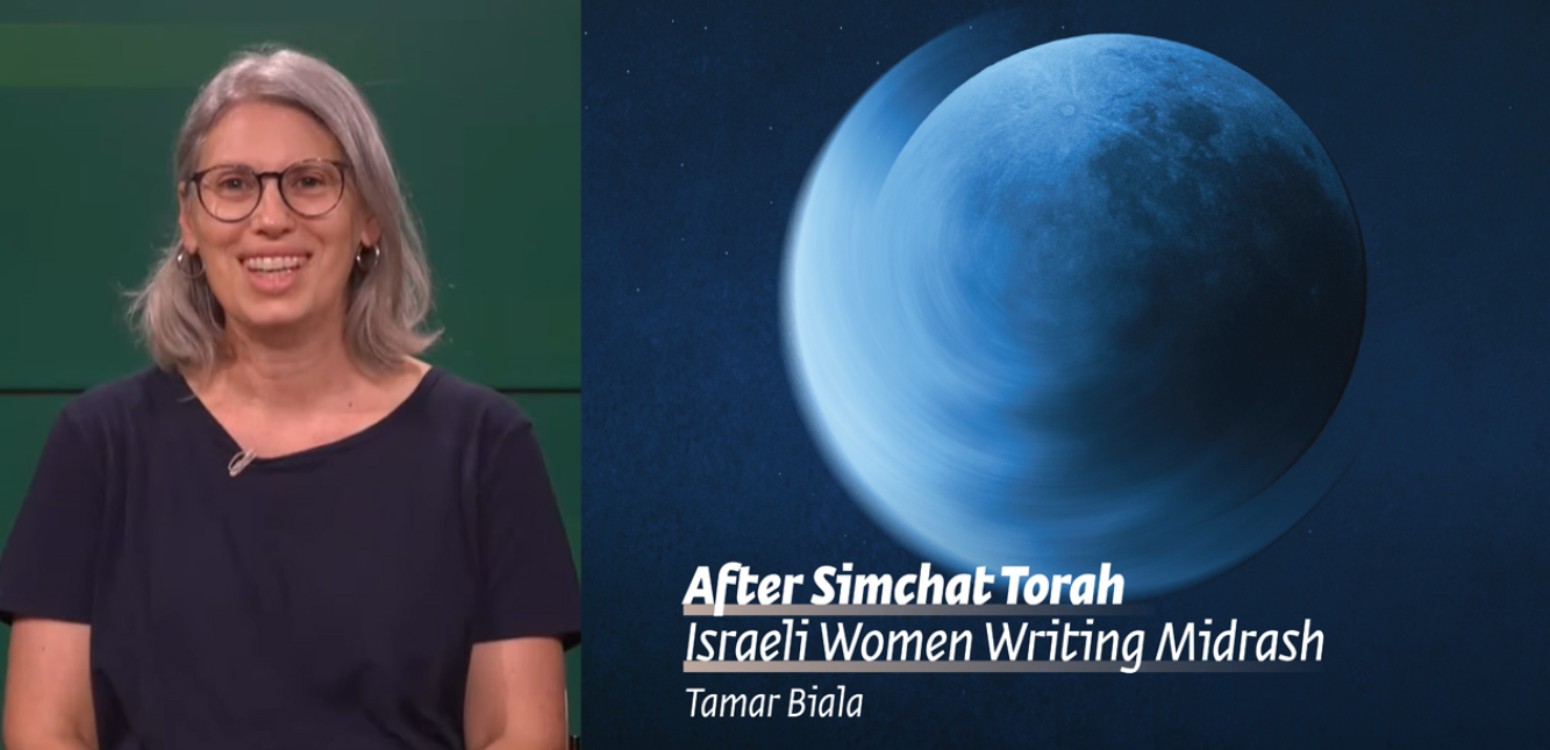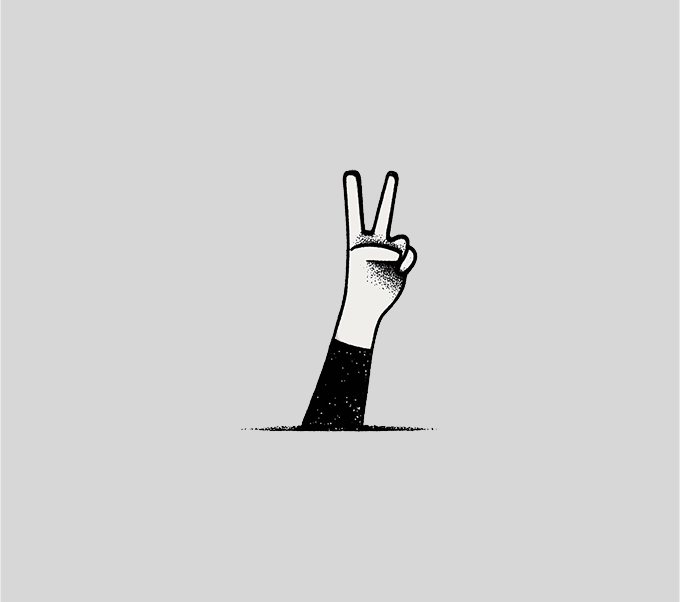
The Plague of the Firstborn and the Limits of Power in the Weekly Torah Portion
The final plague that God inflicts upon the Egyptians—the death of every firstborn—stands out as both profoundly cruel and, arguably, unnecessary. If Pharaoh’s heart had not been hardened by God, if the plagues had not been drawn out, could the Exodus have happened differently? Could the suffering of the Egyptians, including innocent children, have been avoided?
This moral dilemma is not just theological; it is deeply human.
Years ago, I watched an animated film about the Exodus with my four-year-old nephew. When the story reached the plague of the firstborn, the screen darkened, and one by one, young children—children his age—fell lifeless. My nephew turned to me, his eyes wide with horror, and whispered, "But why?"
What could I tell him? That Pharaoh was evil? That the Egyptians were complicit in the Israelites’ enslavement? These answers rang hollow. What sin had infants and toddlers committed? In my nephew’s face, I saw the echo of Abraham’s ancient cry:
"Heaven forbid for You to do a thing like this, to deal death to the innocent along with the guilty… The Judge of all the earth—will He not do what is just?" (Genesis 18:25).
Power Without Justice
The Exodus narrative repeatedly emphasizes that the plagues were not just about liberation. Their purpose was far more sweeping:
"The Lord said to Moses: Come to Pharaoh! For I have made his heart and the heart of his servants heavy-with-stubbornness, in order that I may put these my signs among them. And in order that you may recount in the hearing of your child and of your child’s child how I have been capricious with Egypt, and my signs, which I have placed upon them—that you may know that I am the Lord." (Exodus 10:1-2)
This theme appears throughout the story:
"By this shall you know that I am the Lord." (Exodus 7:17)
"So that you may know that there is none like Me throughout all the land." (Exodus 9:14)
"On account of this I have allowed you to withstand, to make you see My power, and in order that they might recount My name throughout all the land." (Exodus 9:16)
The plagues were not merely about Pharaoh’s defiance; they were a spectacle of divine power. But power, as history has shown time and again, does not secure lasting authority.
Pharaoh relents after the final plague, but his change of heart is fleeting. Days later, his army chases the Israelites into the sea. Even among the Israelites, divine displays of might fail to ensure unwavering loyalty. Only weeks after witnessing the splitting of the Red Sea, they crafta golden calf and proclaim:
"This is your god, O Israel!" (Exodus 32:4)
The Torah teaches us a hard truth: power can coerce obedience, but it cannot create loyalty. It can command submission, but it cannot forge lasting covenant.
Nagasaki and the Plague of the Firstborn
History offers haunting parallels.
At the close of World War II, the United States made an unprecedented decision: to drop an atomic bomb on Hiroshima. Some argue that this act, however horrific, hastened the end of the war. But what about what came next?
Three days later, a second bomb was dropped on Nagasaki. By most historical assessments, this second bombing was unnecessary. Japan was already on the verge of surrender. So why did it happen?
The prevailing view is that Nagasaki was bombed to send a message—not just to Japan, but to the world. The U.S. wanted to establish its postwar dominance, to make it clear that Hiroshima had not been a one-time event. It was a demonstration of power meant to echo across generations.
But did it prevent future wars? The Cold War ignited almost immediately. The Korean War followed. Vietnam. Conflicts continued. Power alone did not create peace.
The plague of the firstborn, like Nagasaki, was not necessary for victory. It was about power. And like all power-driven spectacles, its effects were short-lived.
When the Gates of Hell Open
The Talmud, in Tractate Bava Kamma, warns:
"Once permission is granted to the destroyer to kill, it does not distinguish between the righteous and the wicked." (Bava Kamma 60a)
Violence, even when wielded for a perceived greater good, is a force that spirals beyond control. When the gates of hell are opened, no one knows who will be pulled inside. Pharaoh’s cruelty led to the suffering of his own people. Hiroshima led to Nagasaki. Today, we see leaders who believe power alone can secure their rule, only to find that repression breeds resistance, and force invites rebellion.
Rule must be founded on more than dominance; it must be built on covenant. That is why, immediately after the plagues, God leads the Israelites not just to freedom but to Sinai. A society built on power alone will eventually collapse. Only one built on justice, memory, and mutual commitment can endure.
This is the lesson of the Exodus, and of history itself.
__
Lior Tal Sadeh is an educator, writer, and author of What Is Above, What Is Below (Carmel, 2022). He is the host of the daily Source of Inspiration podcast, produced by Beit Avi Chai.
Main Photo: Plague of the firstborn; Painting by Lawrence Alma-Tadama, 1872\ Wikipedia
Also at Beit Avi Chai





















